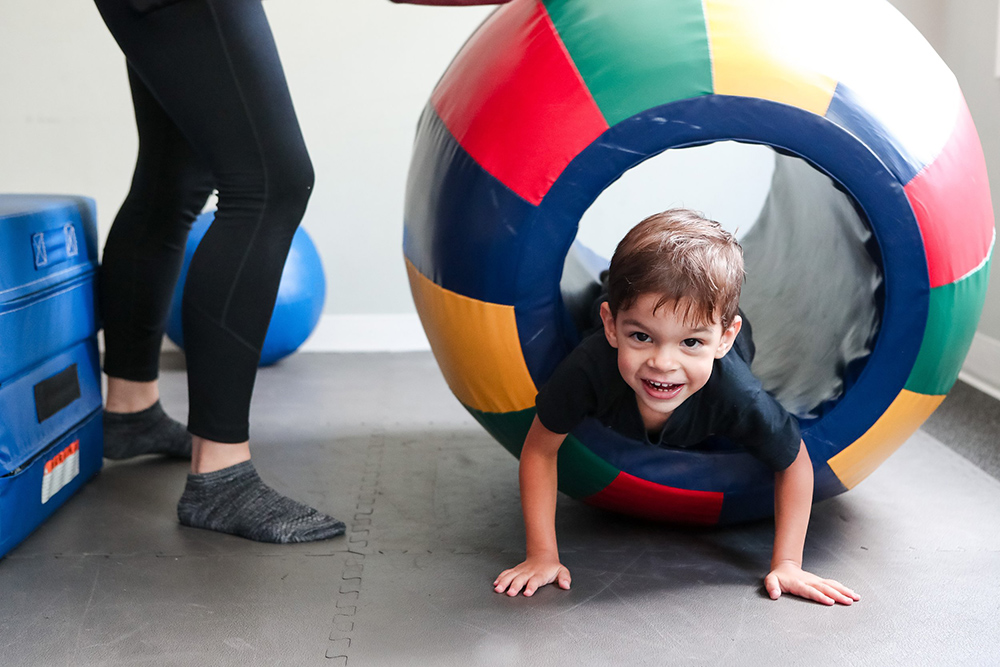Sleep plays a crucial role in thinking and learning. Not getting enough sleep impacts these cognitive processes in a variety of ways. During sleep, your brain is busy processing information from the day and forming memories while your body rests. Without adequate sleep, your brain becomes foggy and everything from your attention span to your reasoning and problem solving skills are affected, making it significantly more difficult to learn new things.
How Poor Sleep Impairs Academic Performance?
Getting just two hours less sleep than you need can have a host of effects on your mental performance, including:
- Reduced alertness
- Shortened attention span
- Slower than normal reaction time
- Poorer judgement
- Reduced work efficiency
- Loss of motivation
- Poorer decision-making skills
- Reduced concentration
- Poorer memory
- Reduced awareness of the environment and situation
- Increased likelihood of mentally ‘stalling’ or fixating on one thought
- Errors of omission – making a mistake by forgetting to do something
- Errors of commission – making a mistake by doing something, but choosing the wrong option
How Poor Sleep Affects School-Aged Children in their Academic Performance?
Sleep loss can cause a range of schooling problems from poor concentration to naughtiness. Sleep deprived teenagers are more likely to have issues with impulse control, increasing the chance of risk-taking behaviour. Poor sleep is also associated with disorders such as depression and attention deficit hyperactivity disorder (ADHD).
Studies have found high school students who regularly score C, D or F in tests and assignments get half an hour less sleep per night on average than students who regularly get A and B grades.
What is the Importance of Sleep for Memory and Learning?
Research consistently shows the essential role sleep plays in learning and memory in two key ways – the ability to focus and learn efficiently and the ability to consolidate a memory so it can be recalled in future, i.e. make something stick. To create a memory, three things have to occur:
- Acquisition – Learning or experiencing a new thing.
- Consolidation – Stabilising the memory in the brain.
- Recall – Having the ability to access that memory in the future.
There are different types of memories. Some are episodic, based on events in life. Others are fact-based, such as remembering the name of a place, or procedural or instructional, such as learning to play an instrument. Sleep is crucial for the consolidation of a memory, no matter which memory type. Without enough sleep, your brain struggles to absorb and recall new information.
How Much Sleep is Enough to Function Well?
Sleep requirements differ from one person to the next depending on age, physical activity levels, general health and other individual factors. Generally speaking, primary school children and teenagers need around 9 or 10 hours. Adults need around 8 hours depending on individual factors. We tend to need less sleep as we grow older. Some evidence shows that around the time of becoming a teenager, there’s a shift in the sleep-wake cycle to getting sleepy later and waking later.
Need to Talk to Someone Regarding Your Sleep Issues?
A lack of sleep can occasionally be tied to issues such as anxiety or depression and it may be helpful to discuss the issue with a psychologist. At EDUCARE we can help children, teens and adults in addressing their sleep-related issues. Visit here for more information about our specialist services or contact us to find out more or book an appointment.




